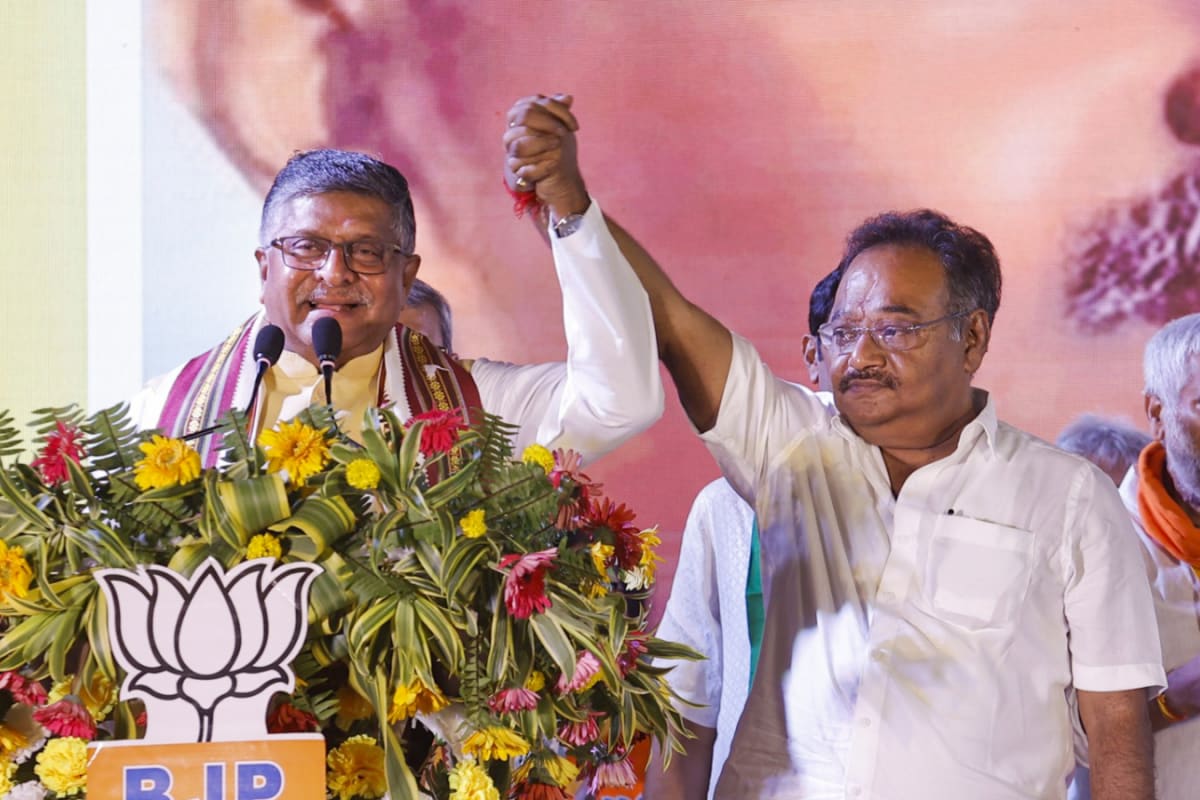

Samik Bhattacharya's inaugural speech as the new West Bengal BJP president signals a potential shift in the party's strategy in the state, with an emphasis on education and inclusivity. Bhattacharya, who succeeded Sukanta Majumdar, called for replacing "stones with books" and "swords with pens," suggesting a move away from divisive rhetoric and towards a focus on development and harmony.
Bhattacharya's speech highlighted the need to protect Bengal's multiculturalism, advocating for peaceful coexistence between different religious communities. He specifically mentioned Durga Puja and Muharram processions, expressing his desire for them to proceed without conflict. This emphasis on communal harmony contrasts with the more aggressive stance taken by some other leaders within the party.
The new BJP president also urged introspection among Muslims in Bengal, who constitute a significant portion of the state's population. He questioned whether Muslim children should learn about Bengal through the works of Syed Mujtaba Ali, S Wajed Ali, and Kazi Nazrul Islam, or through the teachings of terrorists. This appeal suggests an attempt to connect with the community on a cultural and intellectual level, moving away from solely relying on religious polarization.
Several sources suggest that Bhattacharya's appointment and his initial statements reflect a calculated effort by the BJP to broaden its appeal in West Bengal. The party has been trying to shed its image as an "outsider party" and counter the Trinamool Congress's narrative that the BJP is "anti-Bengali". Bhattacharya's emphasis on Bengal's culture, pluralism, and heritage can be seen as an attempt to address these concerns and connect with the local populace.
Furthermore, Bhattacharya's focus on education aligns with the BJP's broader development agenda and its efforts to address the growing unemployment crisis in the state. By promoting education and skill development, the party aims to attract the support of the youth and counter the perception that it is not concerned with the economic well-being of the state.
However, it remains to be seen whether Bhattacharya's conciliatory approach will be embraced by all members of the BJP in West Bengal. Some leaders have historically adopted a more hardline stance, and any perceived softening of the party's position could potentially alienate some segments of its support base. Bhattacharya himself acknowledged the need for unity within the party, calling for mutual respect between senior and younger members.
Overall, Samik Bhattacharya's debut speech as West Bengal BJP president indicates a tactical shift towards a more inclusive and development-oriented approach. By prioritizing education, communal harmony, and cultural connection, the BJP appears to be aiming to broaden its appeal and strengthen its position ahead of the crucial 2026 assembly elections. It remains to be seen whether this strategy will prove successful in a state with a complex political landscape.